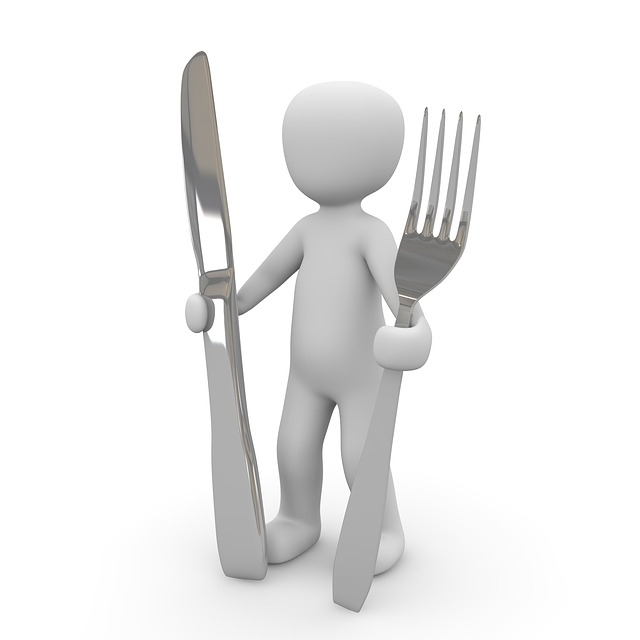Poor appetite can happen for many reasons, from depression to an under-active thyroid. No matter the cause, it should always...

Poor appetite can happen for many reasons, from depression to an under-active thyroid. No matter the cause, it should always...
